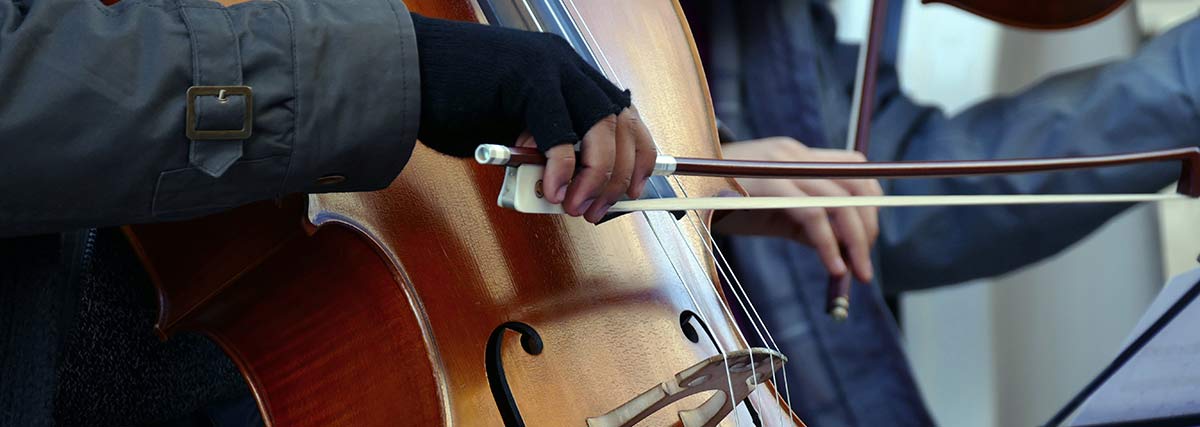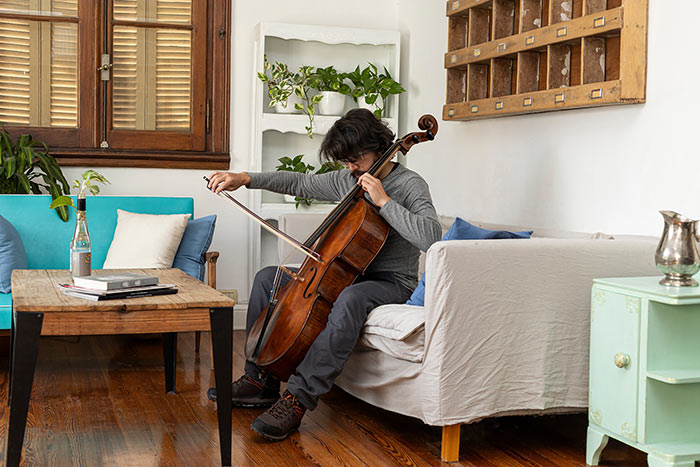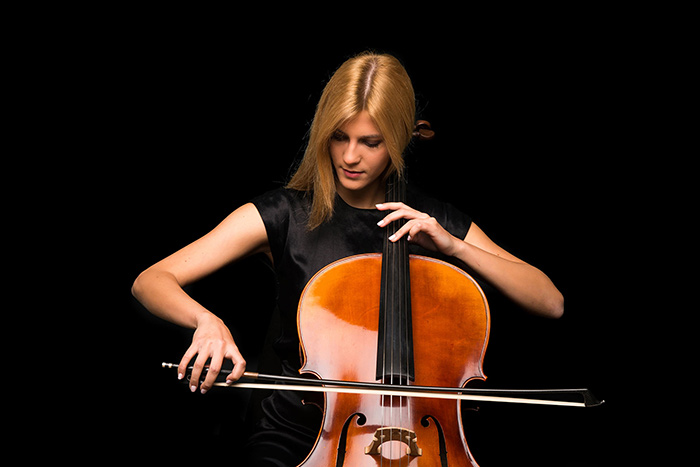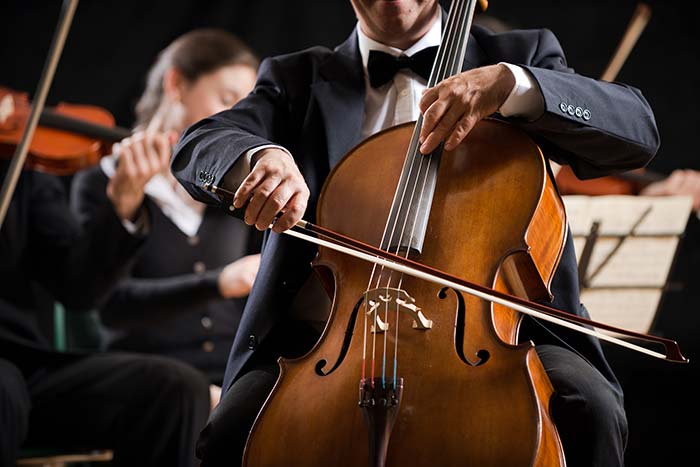People believe you have to love classical music to play the cello but is this really true? For some people, classical music is not ‘their thing’ and this can deter them from learning instruments like the cello which can appear stuck in their classical roots.
The cello was developed during the sixteenth century in Italy and it’s first major composition was the Bach Cello Suites, a collection of masterpieces that the instrument is renowned for, so it comes as no surprise that one immediately thinks of classical music as the genre most frequently associated the cello.
The classical cello repertoire is the envy of other instrumentalists, however this does not mean to say that the cello should not be used in other styles. Despite it’s reputation as being a traditionally classical instrument, the cello is hugely versatile and although primarily used in a classical setting, over the last few decades we have seen the cello being incorporated into the world of pop, jazz and world music where it has proved incredibly successful. Currently classically trained composers are even writing jazz inspired concertos and sonatas for the instrument as the cello has become incredibly popular.
On our television screens, in NPR ‘Tiny Desk’ gigs and playing alongside major pop artists at festivals, we have also seen string instruments being used far more frequently adding depth and authenticity to pop music, which is incredibly exciting for the expanding future of string instruments. Despite impressive technological advances, cellists are still frequently being asked to record live on albums and for film scores which in itself shows how the sound of real cellos cannot be beaten by technology. There is no doubt that there is an ever growing demand for the cello in the modern day music industry.
Many classically trained cellists even delve into the world of pop and jazz from time to time or even full time. Famously, two classically trained Croatian cellists Luka Šulić and Stjepan Hauser formed a cello duo and in 2011 they rose to fame with their cover of ‘Smooth Criminal’. The duo are known for their covers of pop and rock songs and their exceptionally modern approach to cello playing, even utilising electric cellos in the majority of their work. Although the duo are perhaps not to everyone’s taste, they had a significant affect in propelling the cello into the world of pop music enabling the instrument to become known by many non classical music loving fans.
There is an increasing incidence of the cello being used in world music, expanding the parameters of the instrument. Abel Selaocoe is a rising star in this aspect, the fusion of his use of the voice, the cello and cello percussion is so inventive that we forget how tied to the classical tradition the cello is when watching/listening to him perform.
To play the cello you most certainly do not need to love classical music as there is plenty of more contemporary music to choose from as well! Playing any instrument should be completely inclusive and should not just be for those that love classical music because the cello is capable of so much more than just this one genre of music.
If you think that learning the cello is for you but you are not a classical music fan, you might be surprised that you end up loving classical music as there is an almost unrivalled repertoire of classical music for the cello and it is definitely worth exploring. However, you should never feel forced into playing classical music when learning the cello (or any instrument) as learning the cello doesn’t necessarily mean you want to learn classical music.
People decide to learn the cello for many different reasons but the one which I hear the most is ‘I just love the sound of the cello’ which I think is one of the best reasons. Your teacher has a duty to help you to discover your own individual sound and to help you play the pieces that you desire to play and not to force you into playing classical music if it doesn’t appeal to you.
If you decide to learn the cello and you are not sure whether you want to play it because you don’t like classical music, go ahead and start learning because this factor shouldn’t dictate your chance of learning one of the most amazing instruments. There is definitely a stigma of having to play classical music if you learn the cello but this is being broken down by the rise of the more modern cellists of today, pushing the boundaries of the instrument. You will discover that cellos are being placed into more unusual environments allowing a
fusion of traditionally classical instruments with pop, jazz and world music, ensuring a bright and exciting future ahead of the instrument.












